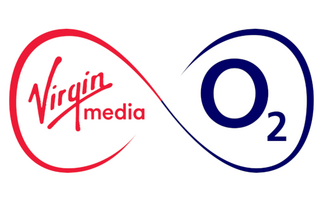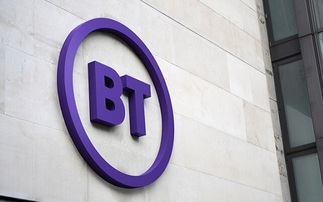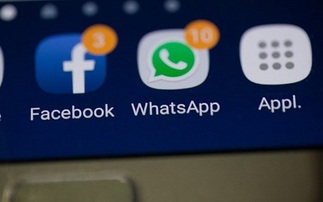BT, Vodafone, Virgin Media and Sky all have their say on whether BT should be separated from its network infrastructure arm
An unlikely allay
Virgin Media, one of Sky's fiercest rivals, doesn't believe a separation is necessary as it would provide "little if any benefit" compared to the existing arrangement. In response to Vodafone's idea that it could own a part of Openreach, along with other Openreach customers, Virgin Media said this would cause several big issues such as working out whether all customers would have the same number of shares, or whether shares would be owned in proportion to the size of the customer, which case BT would retain substantial control over the separated company.
The root of the problem
As well as the strong feeling that Openreach gives BT favourable treatment, the other main issue driving those called for the two firms to be separated concerns levels of investment in fibre and delays in fixing faults and installing new lines.
According to Vodafone's Braovac, BT "dictates the technology choices that are made by the entire industry", and by choosing to invest in fibre-to-the-cabinet (FTTC) broadband, it is "squeezing a bit more life out of an old copper network".
Essentially, BT's rivals believe BT's strategy is leading the UK's digital economy down a technology cul-de-sac.
But BT is adamant that it's fibre deployment is fit for purpose, arguing that widescale demand for fibre-to-the-home (FTTH) is "isn't there".
"One of the decisions that BT and indeed the UK has to take is what does it want to achieve because there is clearly a cost difference between the two and a time difference between the two," said Shurmer.
He said that independent estimates show that covering the nation with FTTH would cost between five to 10 times more than covering the country with FTTC.
"Where is that money coming from? Are people willing to pay the extra for it," asked Shurmer.
"It's a much bigger civil engineering exercise and we would have nowhere near the broadband coverage that we have today if we went down the FTTH route," he added.
"Where there is a demand for FTTH, we'll do that as well but actually for most people, for as long in the future that we can see, we think FTTC gives enough speed and capability and is far more cost effective," he said, pointing out that BT's FTTC product can deliver speeds of up to 80Mbps and that there are plans to roll out ultra-fast broadband of up to 300Mbps to 500Mbps in certain areas too - again over FTTC.
Indeed, Ovum analyst Matthew Howett believes that the argument from Vodafone, TalkTalk and Sky around investment in fibre doesn't add up.
"I don't think anyone has any conclusive evidence where investment in fibre was higher if you had a structurally separated division," he said.






















